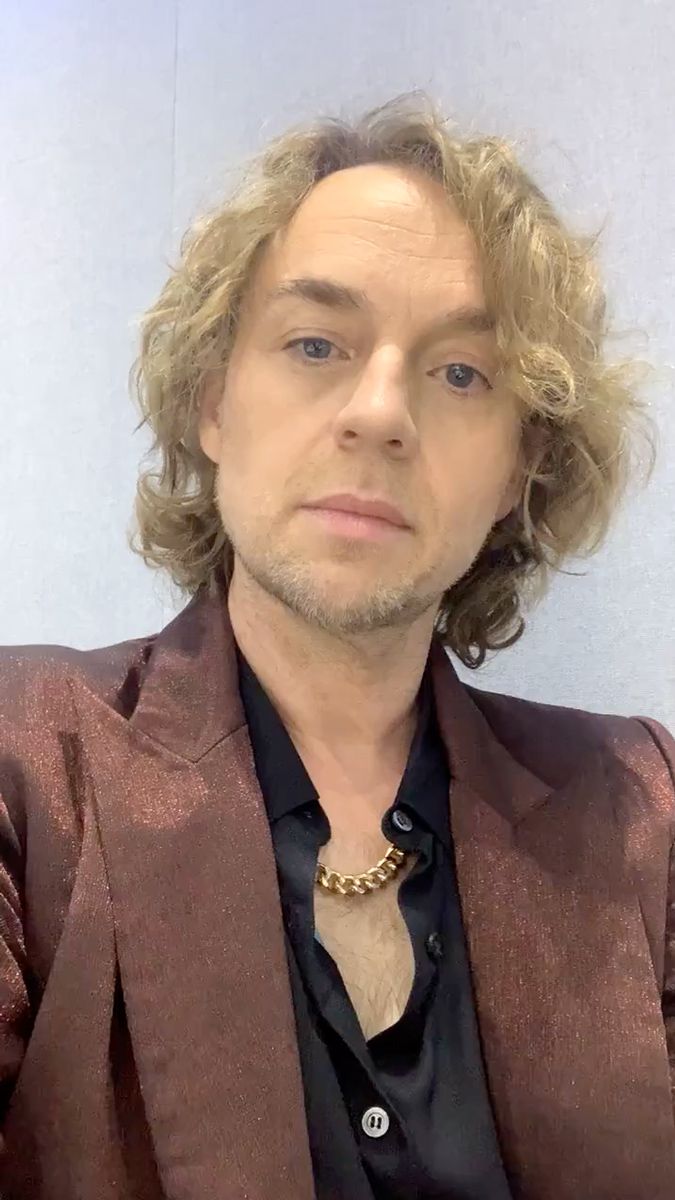/darren-hayes-9889e932d08342aeb680fe027751f540.jpg)
Savage Garden’s Darren Hayes is opening up to PEOPLE about what inspired him to speak out for the first time about the mental health struggles he experienced during the height of the band’s fame.
The 50-year-old openly gay singer penned an emotional op-ed for the HuffPost on July 1, revealing that struggles he had coming to terms with his sexuality led him to “the brink of suicide.”
It was a discussion Hayes tells PEOPLE was “integral to my reason for coming back to music.”
“I would say my new album honestly saved my life,” the Australian musician says. “I was in a dark place, emotionally, not understanding that just like my sexuality, my creative outlet is a huge part of the person I am and by denying that, I was denying an essential part of me.”
Hayes says his process of making new music after a decade away from the spotlight “was a lifeline.”
“I realized that I had never truly been myself at the height of my fame and commercial success,” he says. “It would have been a huge regret of mine to have retired from the public eye without having come back to the world as my true authentic self.”
RELATED GALLERY: PEOPLE Celebrates Pride: Inside the 2022 Pride Issue Featuring Robin Roberts, Christina Aguilera and More
This past week, Hayes has been doing “intense” promo for his upcoming U.K. tour, which already has been wildly successful. “I’m not kidding, it went on sale and about 80 percent of tickets sold out on day one,” he says. “Such a lovely surprise after 10 years away.”
Hayes was in Savage Garden alongside Daniel Jones. Some of their biggest hits included “I Want You,” “To the Moon and Back” and “Truly Madly Deeply.”
After the group disbanded in 2001, Hayes — who was married to ex-wife Colby Taylor from 1994 to 2000 — eventually came out as gay. He has been married to Richard Cullen since 2013.
Hayes previously spoke to Billboard in 2017 about being bullied for his sexuality in his youth, even by his own father. But the HuffPost essay is the first time he has candidly addressed the severe mental health struggles he once faced due to being gay.
Never miss a story — sign up for PEOPLE’s free daily newsletter to stay up-to-date on the best of what PEOPLE has to offer, from juicy celebrity news to compelling human interest stories.
The artist said his issues occurred during the height of Savage Garden’s fame, resulting in him cultivating “a carefully crafted persona” that was “built to protect [him] from years of bullying at school, denial and shame about [his] sexuality, and a mask to hide the rapidly increasing depression that would soon become overwhelming.”
“Savage Garden was on the precipice of global fame and would go on to sell 26 million albums, have two Billboard No. 1 singles and tour the world,” he wrote in the essay. “Yet no one knew I was deeply unhappy, barely containing secrets that would soon devastate me emotionally and send me to the brink of suicide at the height of my fame.”
Hayes — after his band and marriage concluded — would often “sleep entire days away” due to his depression, leading his team to quietly check on him to ensure he was still breathing.
Around 2002, Hayes began seeing a psychiatrist to help him deal with “the residual pain from [his] childhood and [his] burgeoning sexuality.” He additionally credits antidepressants for having “saved” his life.
Though the journey to eventually showcasing his true self in his art was a tough one, Hayes is now “making authentically queer music and intentionally doing all the things [he] had been discouraged from doing” early in his career.
“Because I have embraced myself fully in my art, I no longer feel the shame and stigma around my sexuality or my mental health,” he said. “I openly speak about both because I believe they are connected, and by speaking about what most embarrasses us, it’s my hope that bringing light to sadness drives away the darkness. In my latest single, ‘Poison Blood,’ I refer to my mental health as ‘a blessing, a gift and a curse.'”
If you or someone you know is considering suicide, please contact the National Suicide Prevention Lifeline at 1-800-273-TALK (8255), text “STRENGTH” to the Crisis Text Line at 741-741 or go to suicidepreventionlifeline.org.








